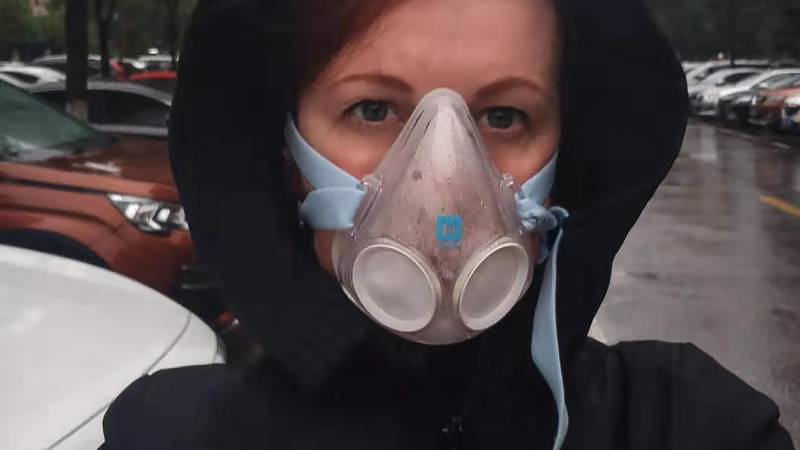Italians in China caught between two epidemics

Stay tuned with 24 News HD Android App

Sara Platto's mother in Italy called her "crazy" for staying in Wuhan even as the virus-hit city was quarantined in January. Now she's offering advice to people back home on how to cope.
Platto, who lives with her 12-year-old son at the epicentre of the coronavirus pandemic, rejected four offers of evacuation from the Italian government after refusing to abandon her two cats and deciding it was safe enough to stay in China.
"It's not Ebola," Platto, who works at Jiangnan University, told AFP.
She has spent more than 50 days cooped up at home, taking turns with her son to use one computer for online classes and work.
Italians enduring China's health crisis and draconian measures that have left them effectively housebound for weeks now find themselves watching similar scenes unfold at home.
Italy -- where the virus has killed more than 1,000 people in just over two weeks, making it the hardest-hit country outside China where over 3,100 have died -- has imposed a lockdown unprecedented in Western Europe.
All stores except for pharmacies and food shops have been closed and residents are to stay at home except to travel to work, shop for provisions, or seek medical help.
"They are freaking out, because it's something they're not used to," Platto said of people in her home city of Brescia in the northern region of Lombardy, where most of Italy's infections have been detected.
"What I'm saying to everybody is don't panic, because panic is worse than a virus."
Surveillance
Platto's Chinese neighbours in Wuhan were touched by her decision to stay in the city, where the virus was first detected in December and has been cut off from the world with no air transport since January 23.
They brought her a "big bag of spaghetti" and a note that said "Sara, be strong" after learning that she was from Italy.

"I am worried more for my family actually," Marco said, "and about the poor sense of community that my country is having lately."
But as the number of infections in China falls while overseas outbreaks continue to grow, Chinese authorities have stepped up surveillance of foreigners for fear of imported cases.
Beijing on Wednesday ordered all international arrivals to the city to go into 14-day quarantine, while airline passengers from Italy, Iran, South Korea and Japan are being handled separately from other travellers.
In one central Beijing district, neighbourhood volunteers and police repeatedly demanded information from Italians specifically, including making unannounced house calls, even for people who had not left China recently.
Francesco Abbonizio, a youth football coach in the capital, spent the first two weeks of his time on a recent trip to Italy avoiding social contact -- and now has to quarantine himself again after returning to China on Wednesday.
"Someone in my family was very scared of the virus and refused to meet me even after the two weeks," he said.
"Right now all of them are locked down in their house."
Trip cancelled
Marco, a Beijing resident working in the theatre industry, has not left China since the start of the outbreak and cancelled a planned trip home to Italy in March, his first in over two years.
He said he did not want to "create panic" arriving from China in his Tuscan hometown of only 16,000 people with his wife, who is Chinese.
"People are not always so good at rationalising things," he told AFP, adding that he did not want his family to endure any negative reaction from other residents of his hometown.
Before Italy confirmed its first cases of the virus, Chinese communities in the country said they faced racist behaviour.
Chinese tourists were spat at in Venice, a family in Turin was accused of carrying the disease, and mothers in Milan used social media to call for Italian children to be kept away from Chinese classmates.
